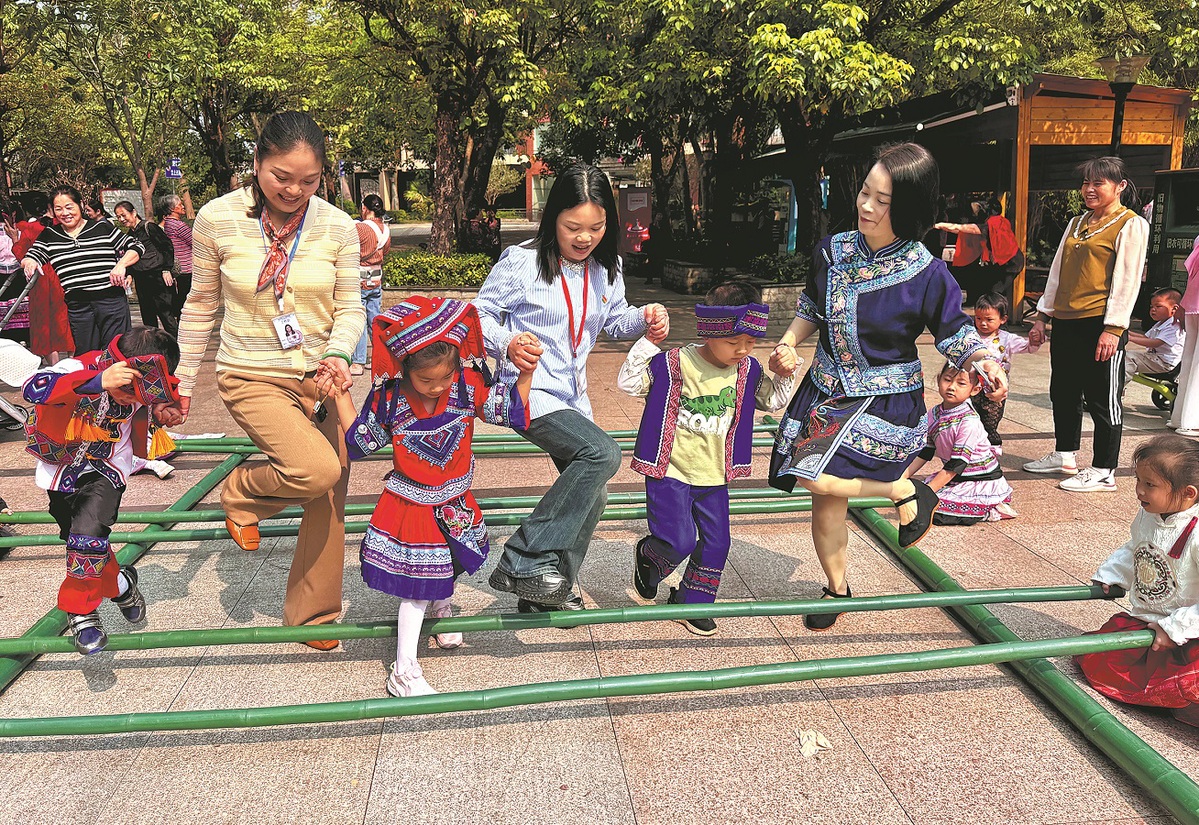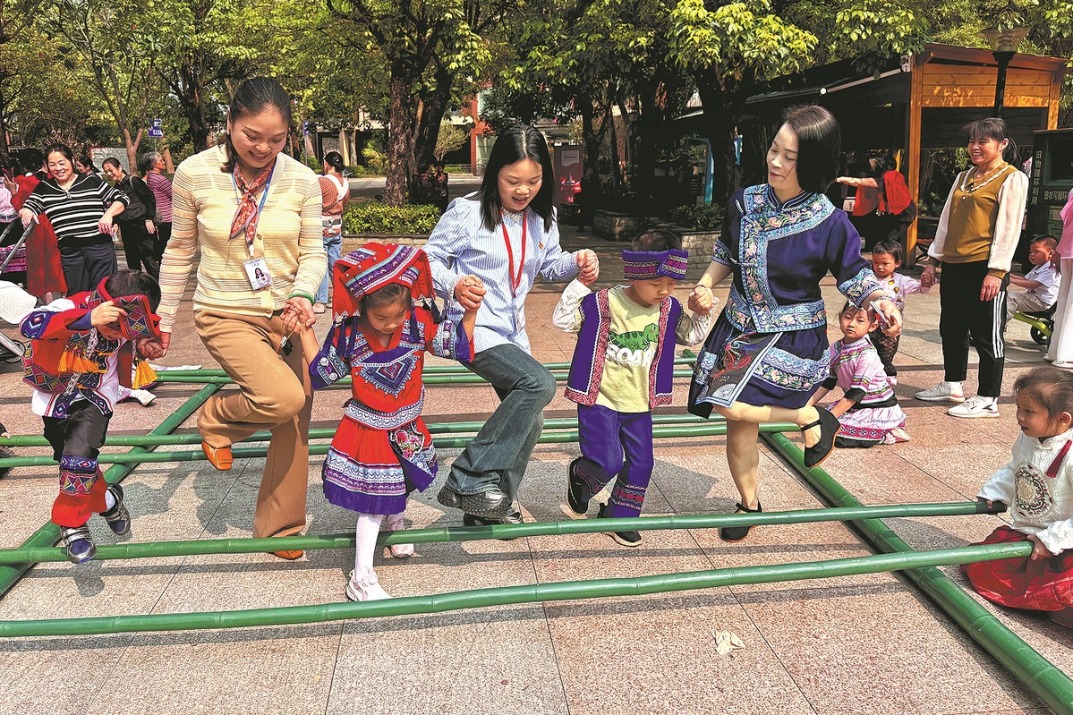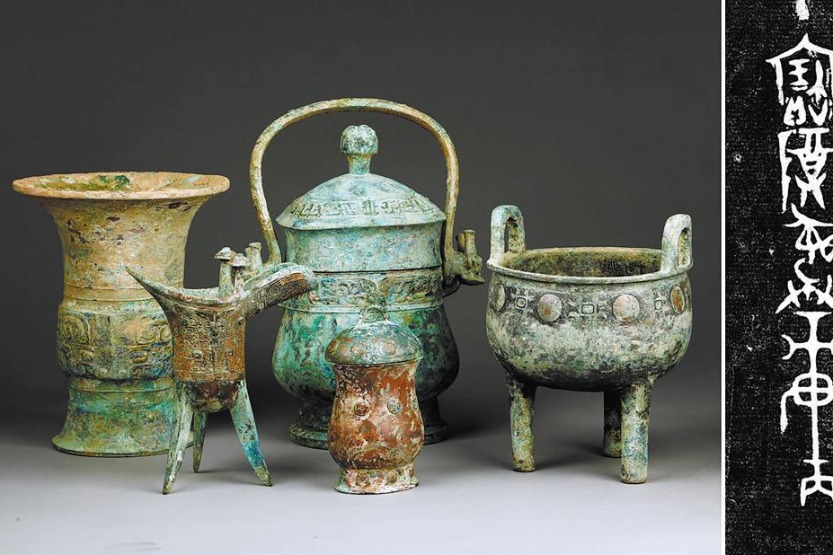Grassroots governance extends reach to win trust, address widespread issues
Guangxi communities follow Xi's instruction, build strong foundations, connections


Meeting urgent needs
After Ma, a member of the Dongxiang ethnic group, moved from Xinjiang's Ili Kazak autonomous prefecture to Nanning, he was joined by his father, wife, and three young daughters in March last year to begin a new life together.
Ma's business was quite busy during lunch and dinner hours, but the family faced a new challenge. Their eldest daughter, a third grader, couldn't enroll in primary school due to a lack of procedures for schooling outside their hometown.
Ma inquired at several nearby schools and the local education department about the predicament, but they lacked the capacity to deal with it, or, required documentation for the child's enrollment.
"I was very anxious," he said. "Other children were attending school as usual, but mine had to stay home. If she couldn't attend school soon, she would miss the semester."
With nowhere else to turn, Ma sought help from Panlong community, explaining his situation to Gan Lu, the deputy director of the residents' committee.
The next day, Gan, along with other community workers, visited Ma's noodle shop, where the family of six lived, to learn about the situation.
Gan quickly reported Ma's case to Liangqing district education department officials, who three days later dispatched personnel to verify the situation. The department coordinated with a school 8 kilometers away that could accept Ma's daughter.
However, for Ma and his wife, who were busy serving customers during lunch and dinner, traveling such a distance to drop off and pick up their daughter was unrealistic. Ma told Gan about his concern, who continued liaising with the education department.
Eventually, the department found a school just 2.5 kilometers away, allowing the child to stay at school during lunchtime without needing to return home. In addition, Ma's second daughter, who was about to enter first grade, also had her enrollment settled.
In just 10 days, Ma's issue was resolved.
"I never expected such a smooth and satisfactory outcome. As outsiders unfamiliar with the local situation, without the community's help we would have been stuck," he said.
During last year's Double Ninth Festival, a traditional Chinese occasion honoring senior citizens, Panlong community organized a cross-ethnic celebration. To express gratitude, Ma prepared Xinjiang's signature dish dapanji, or big plate chicken, for the event.
"The community's support for migrant workers and ethnic minorities like us has been exceptional," he said. "Initially, the community workers didn't even know I was from a minority group, but they treated people of all ethnicities as their closest neighbors."























